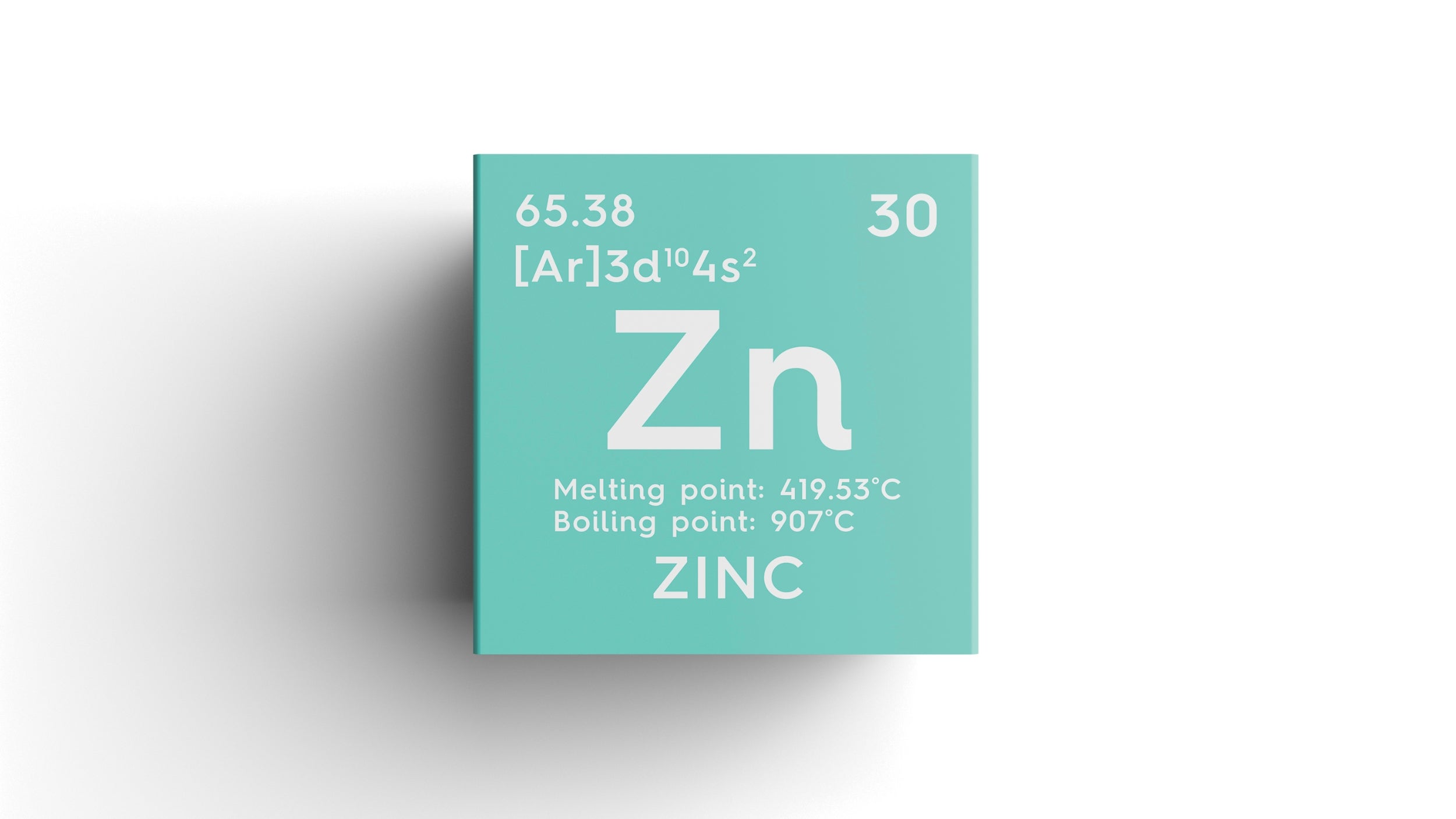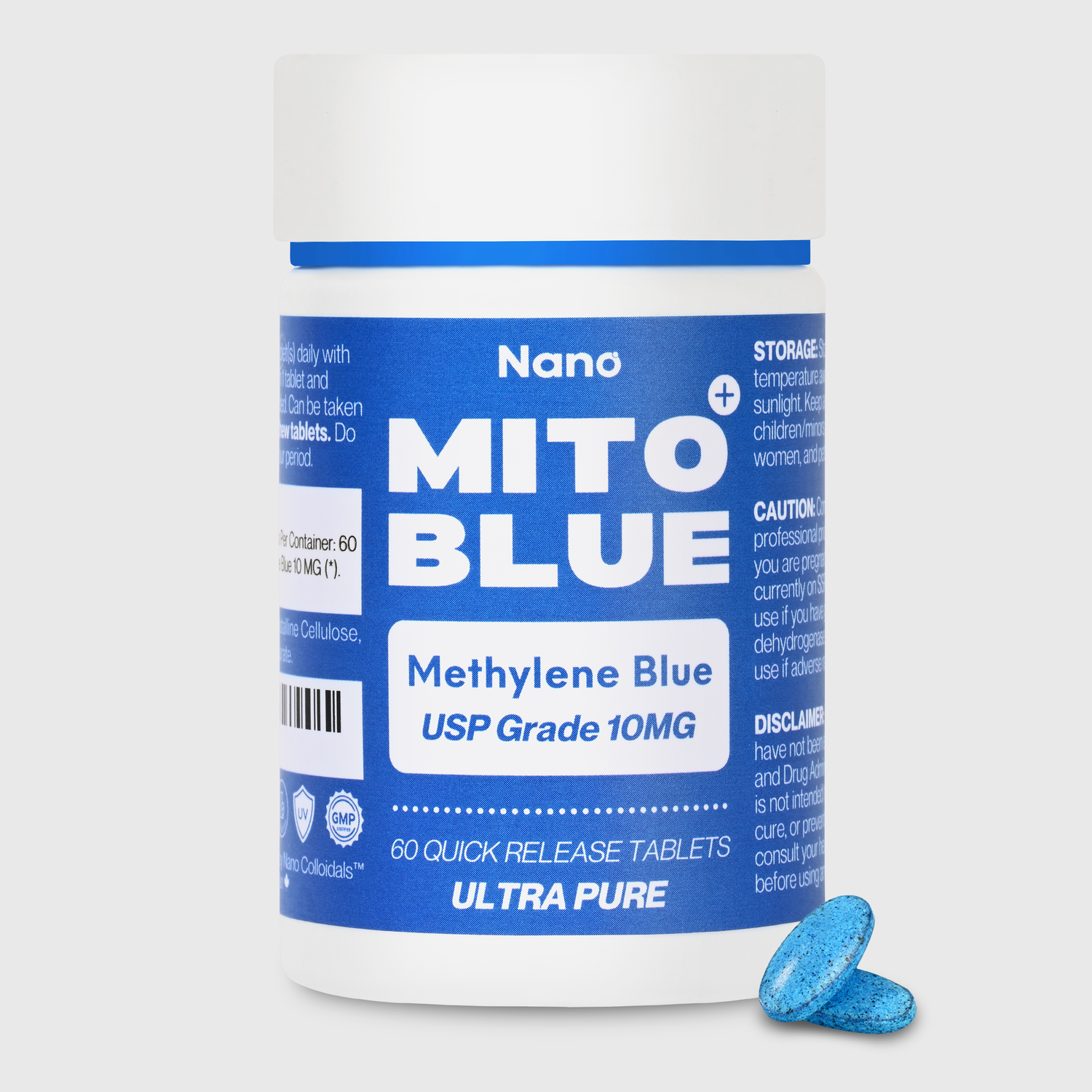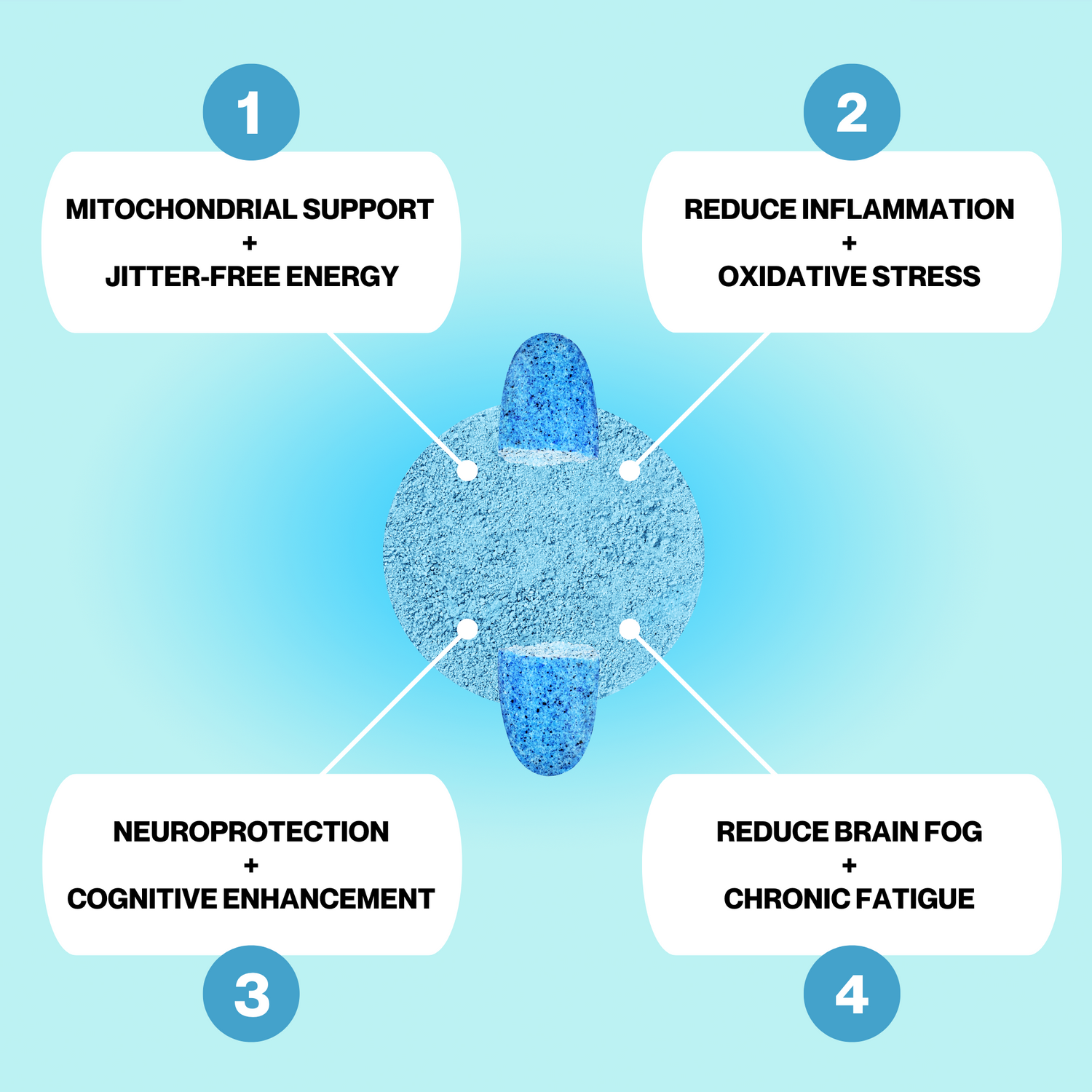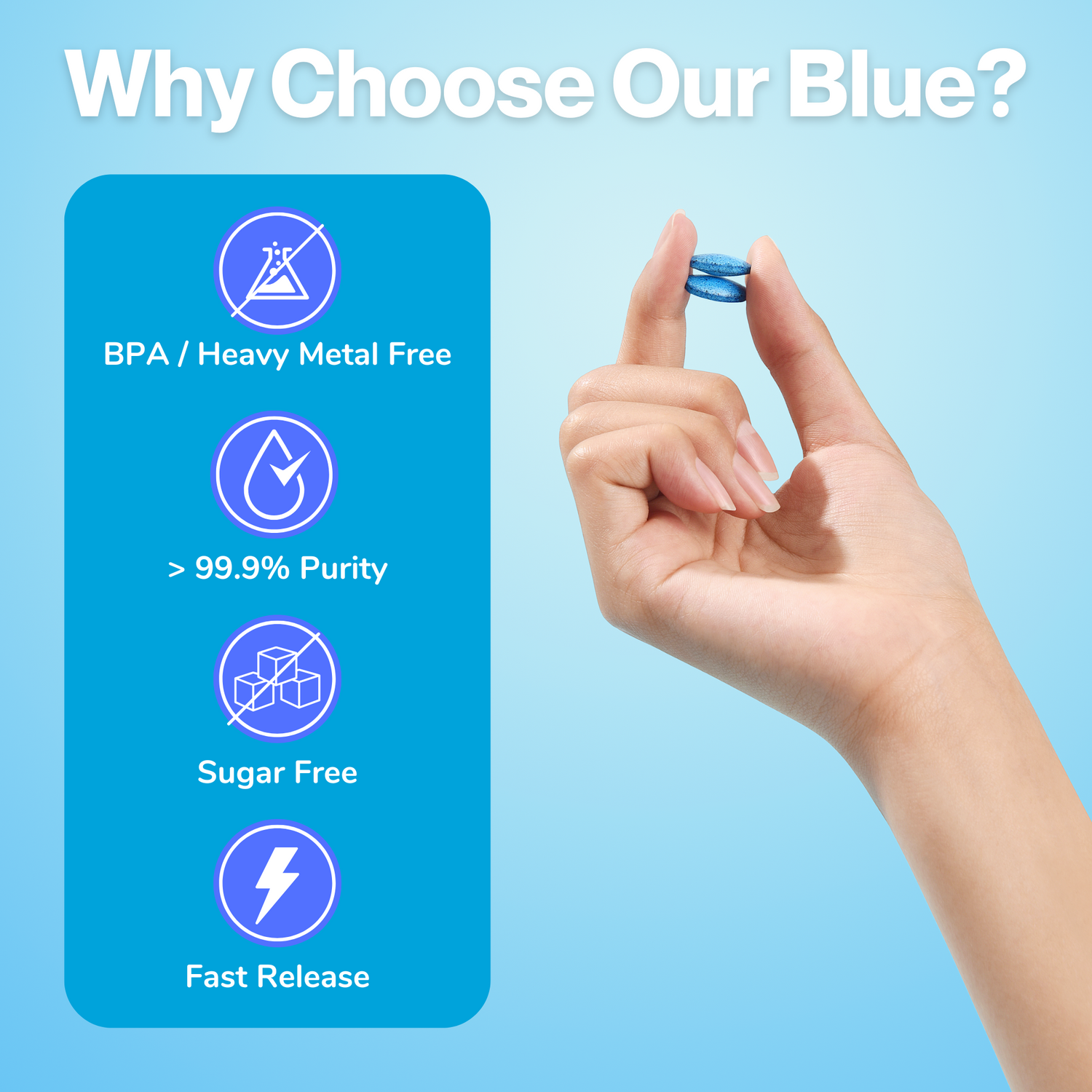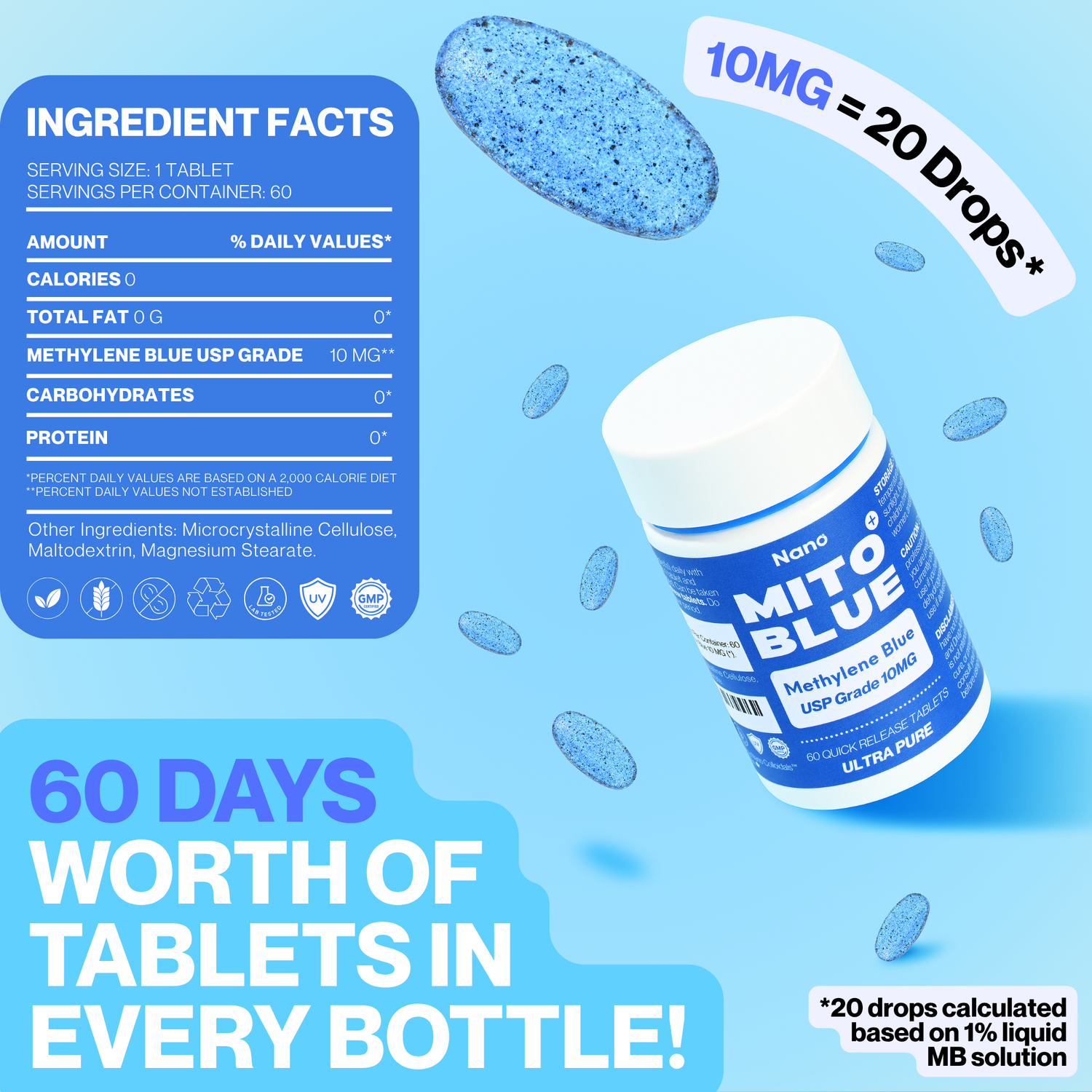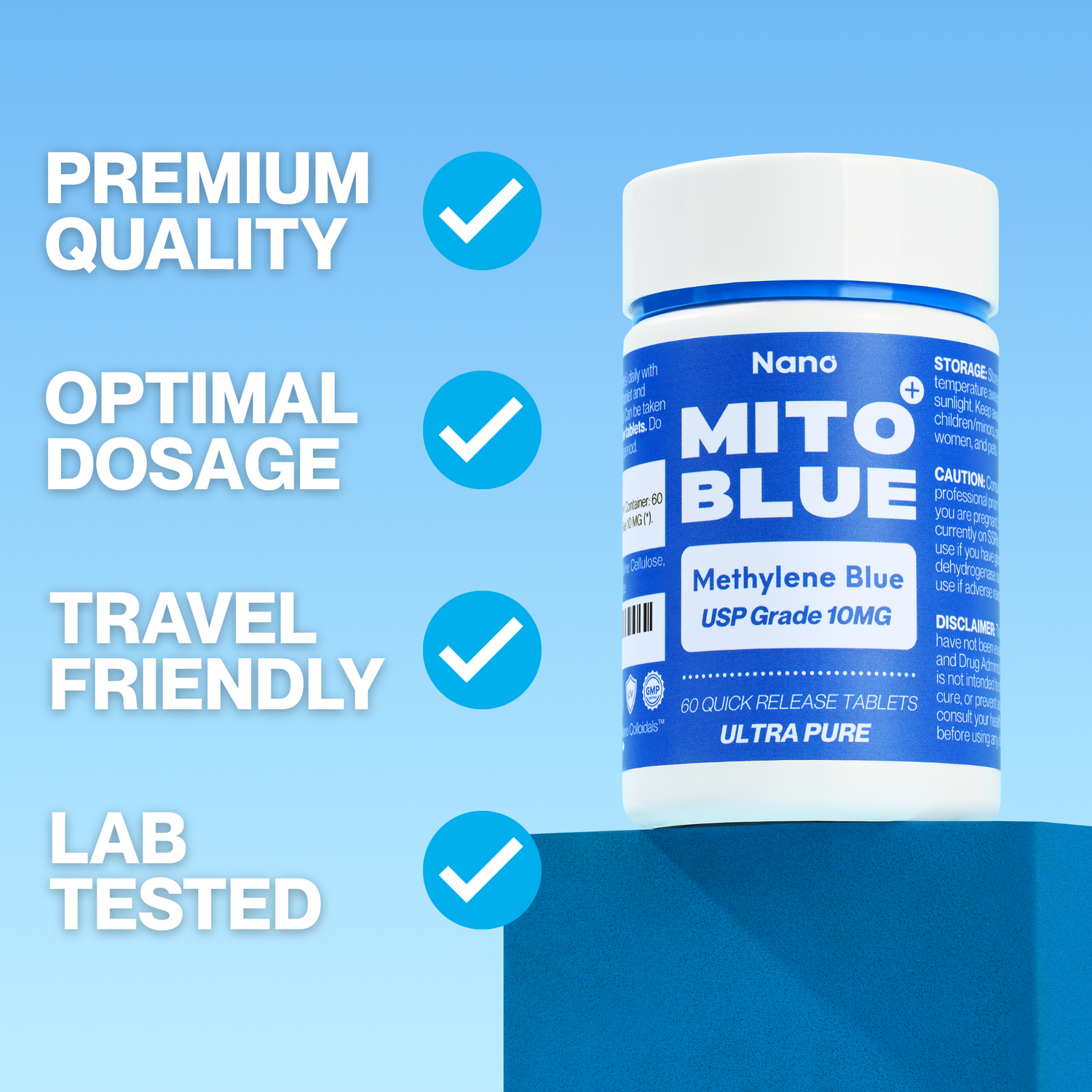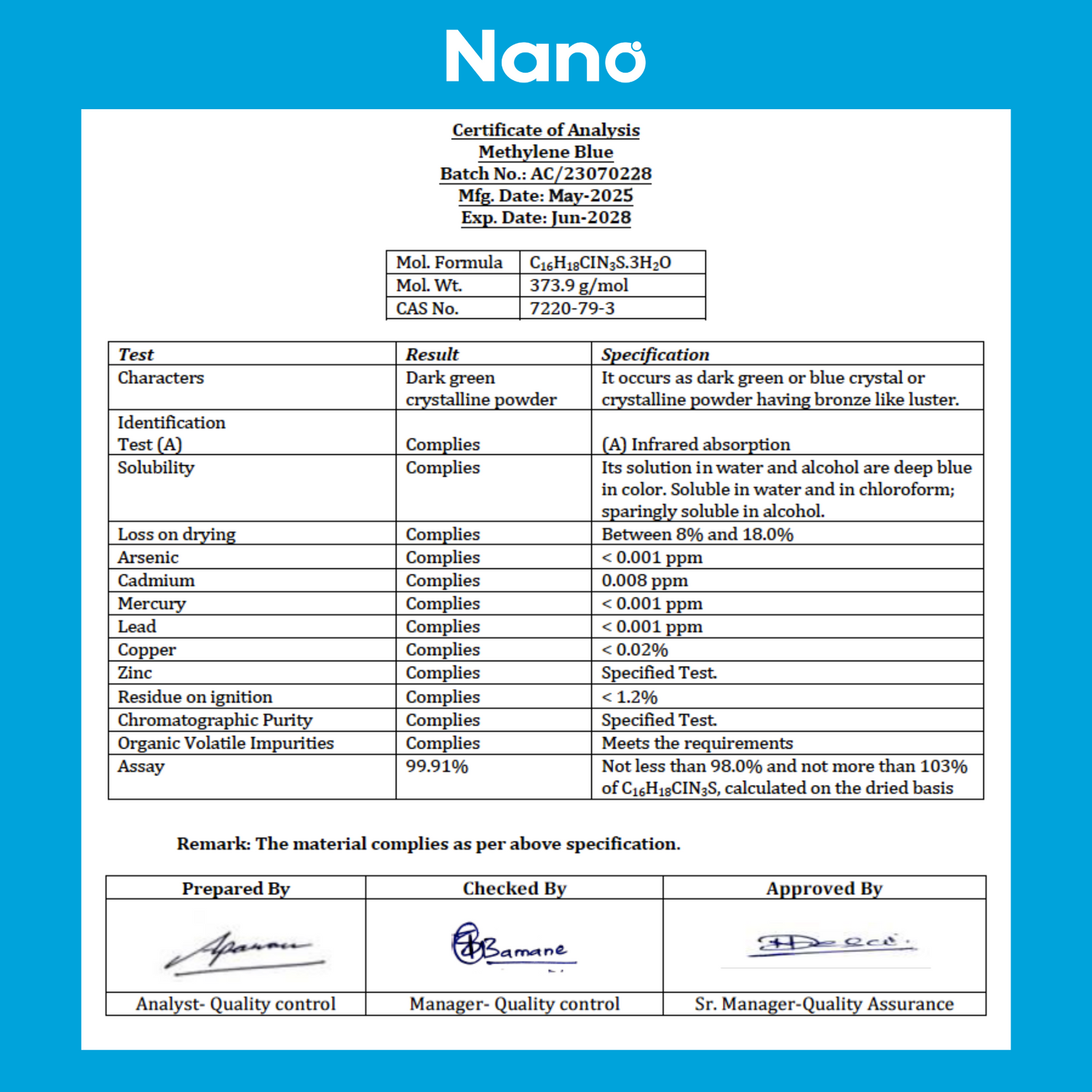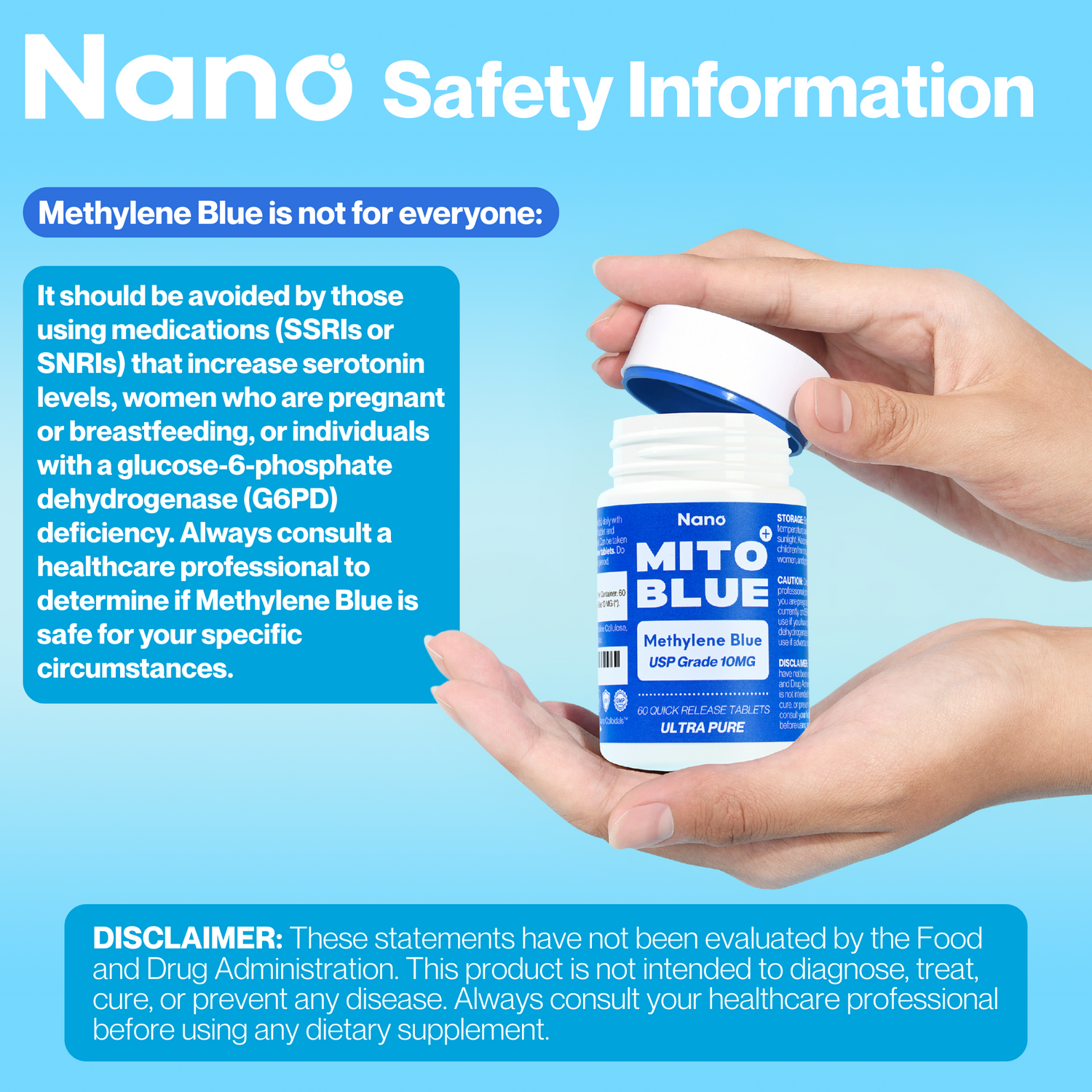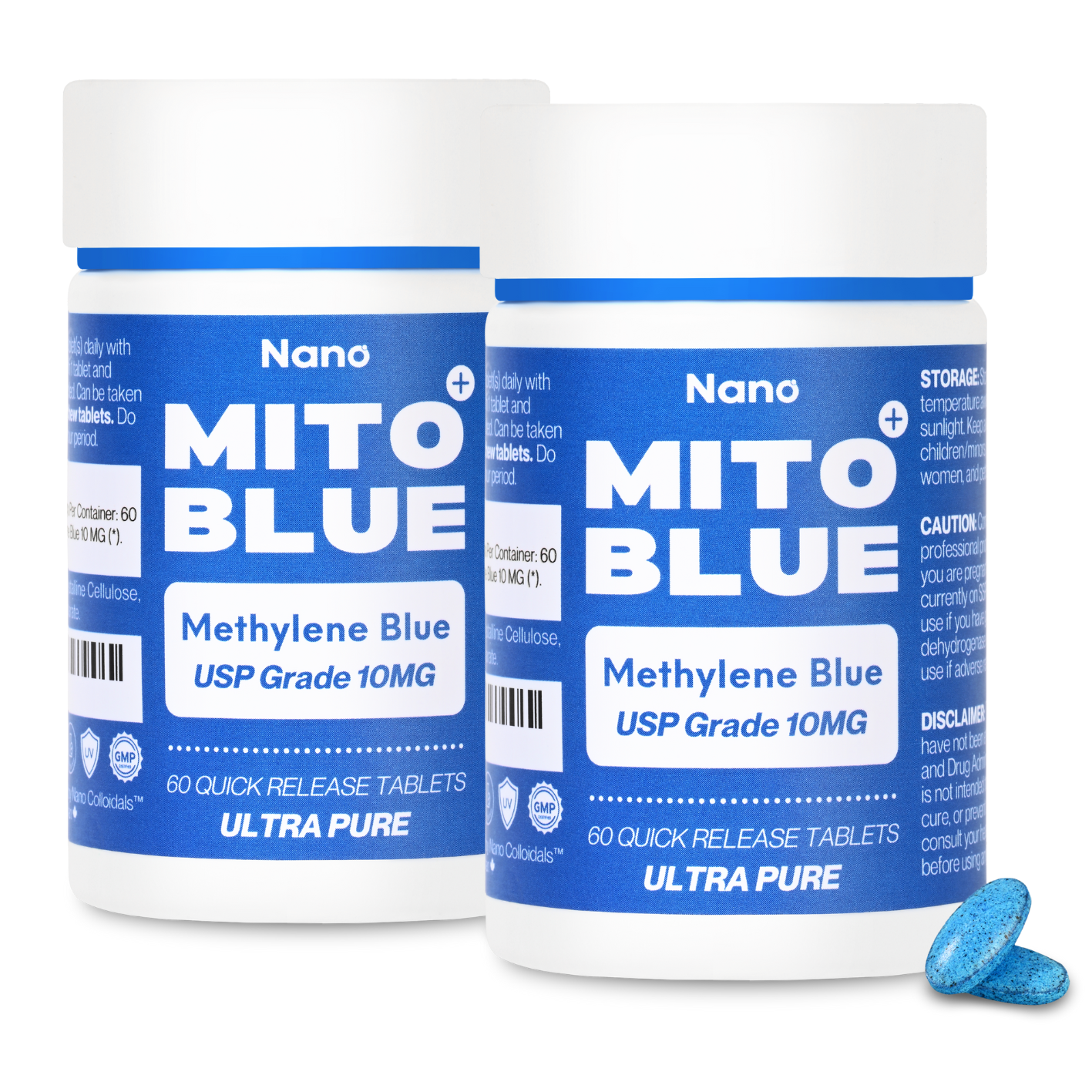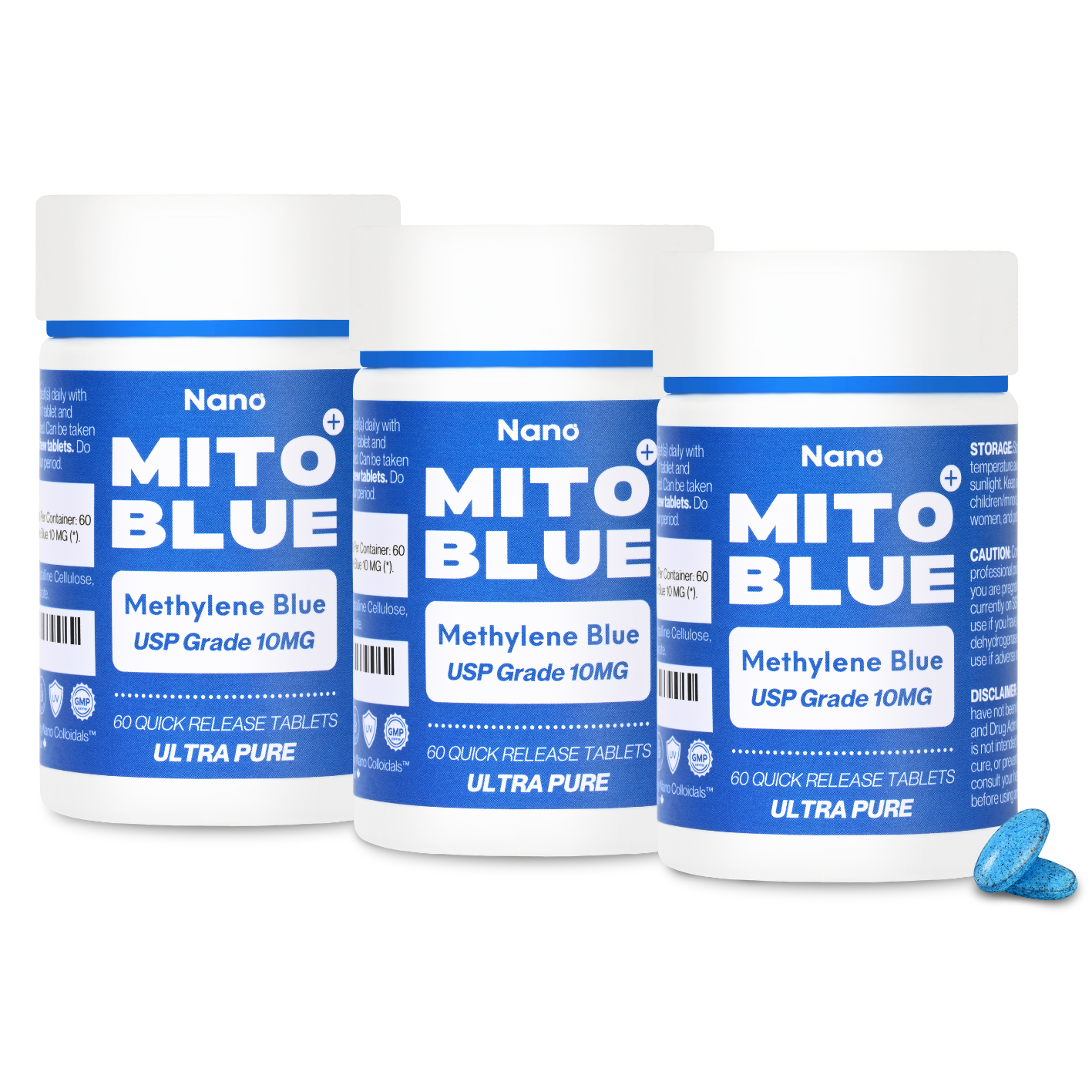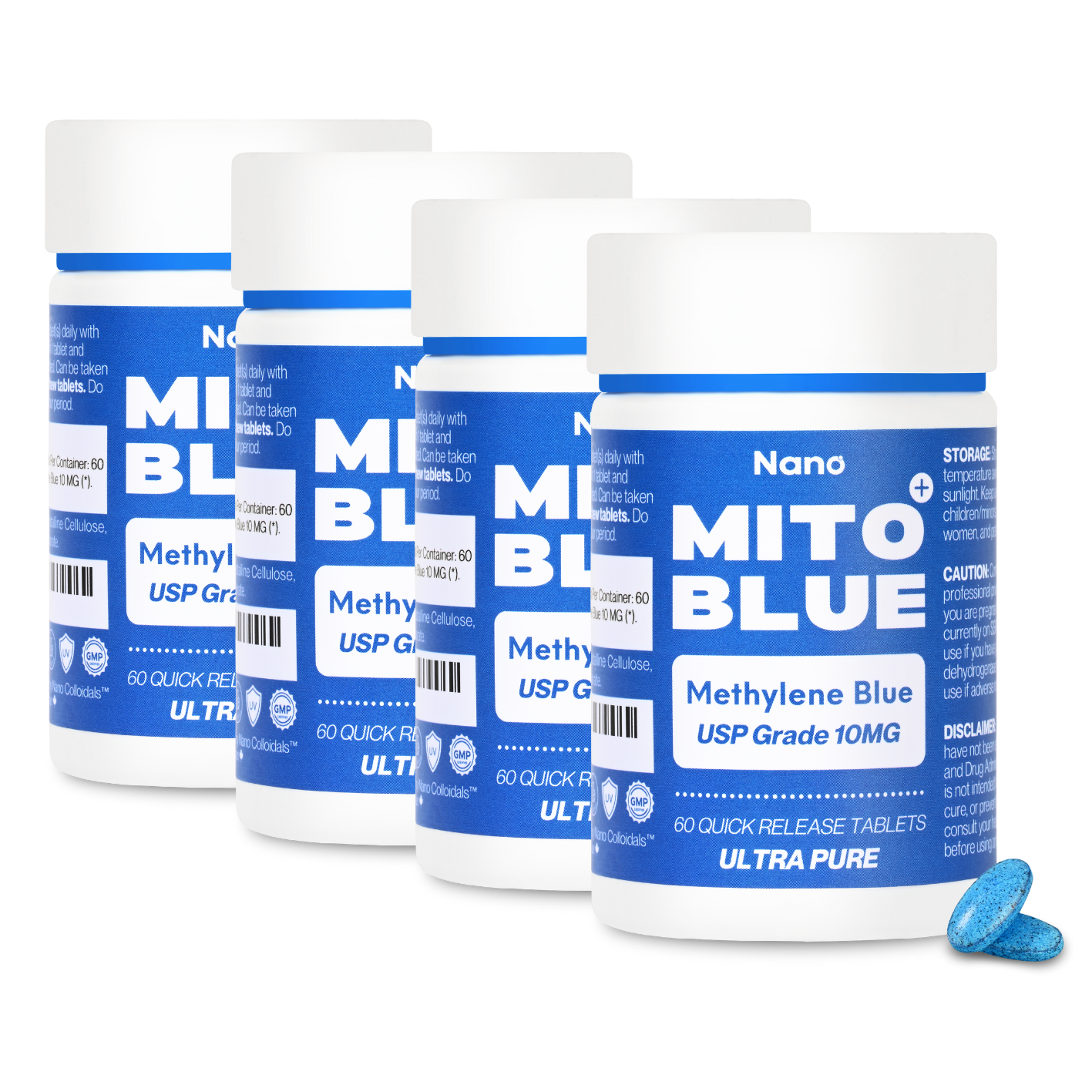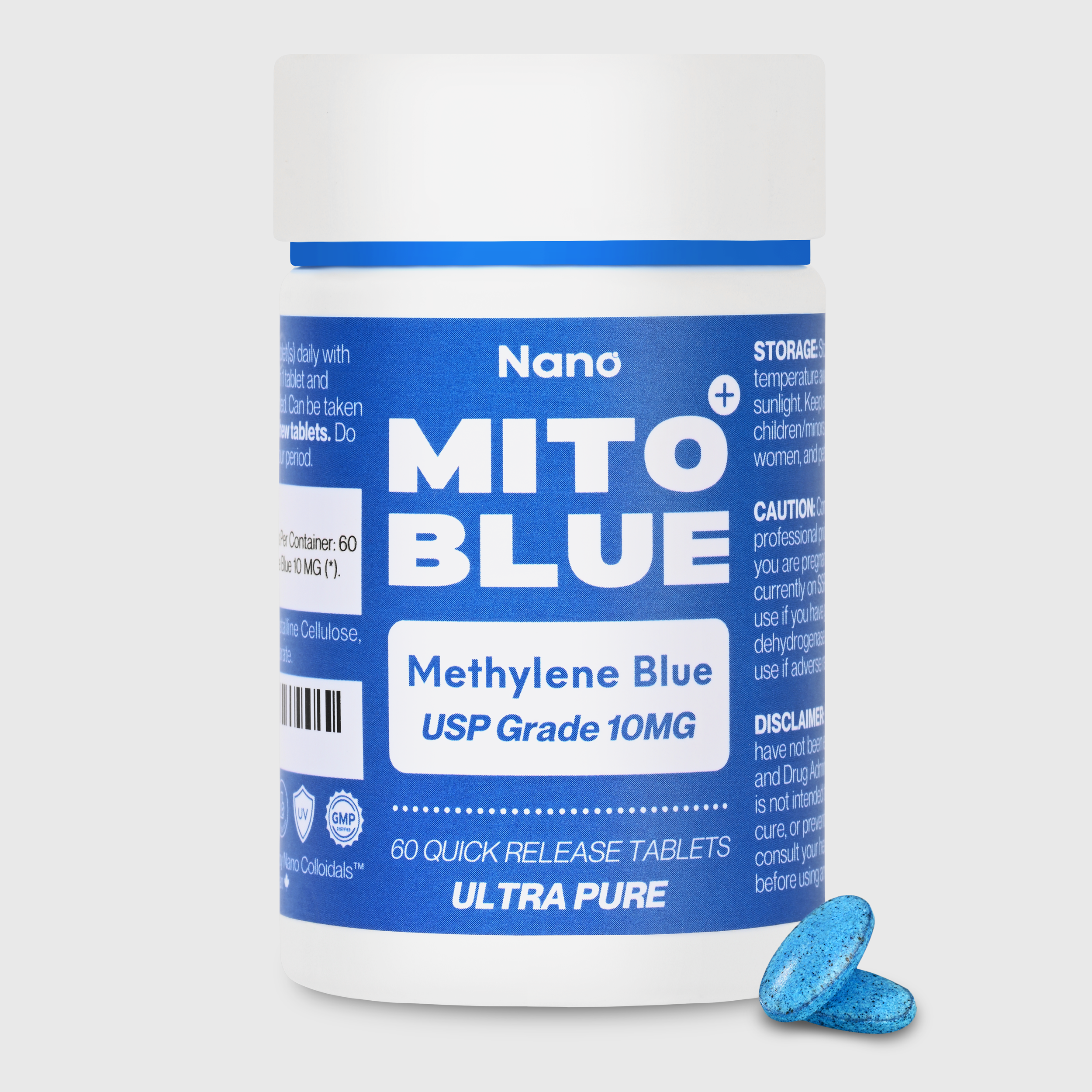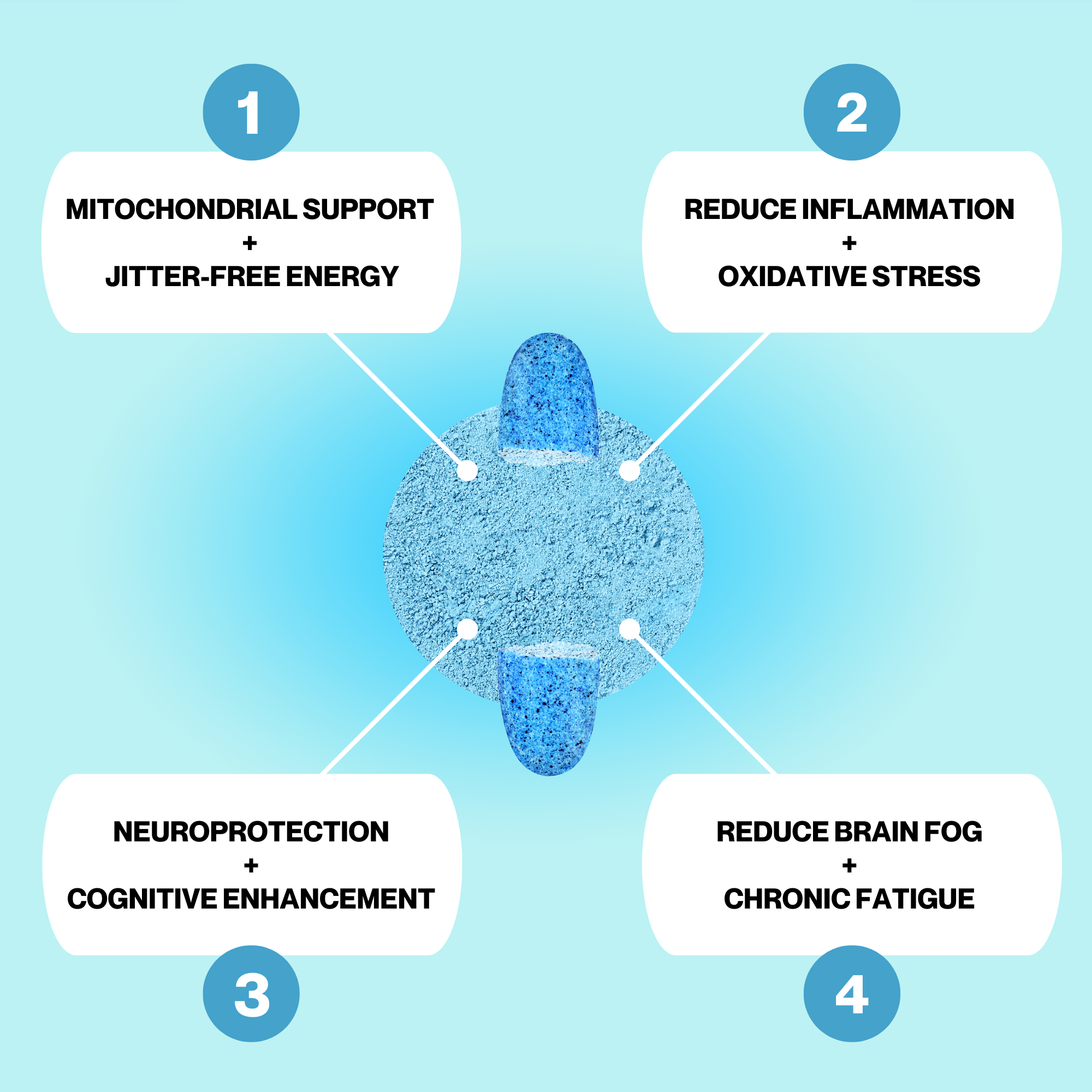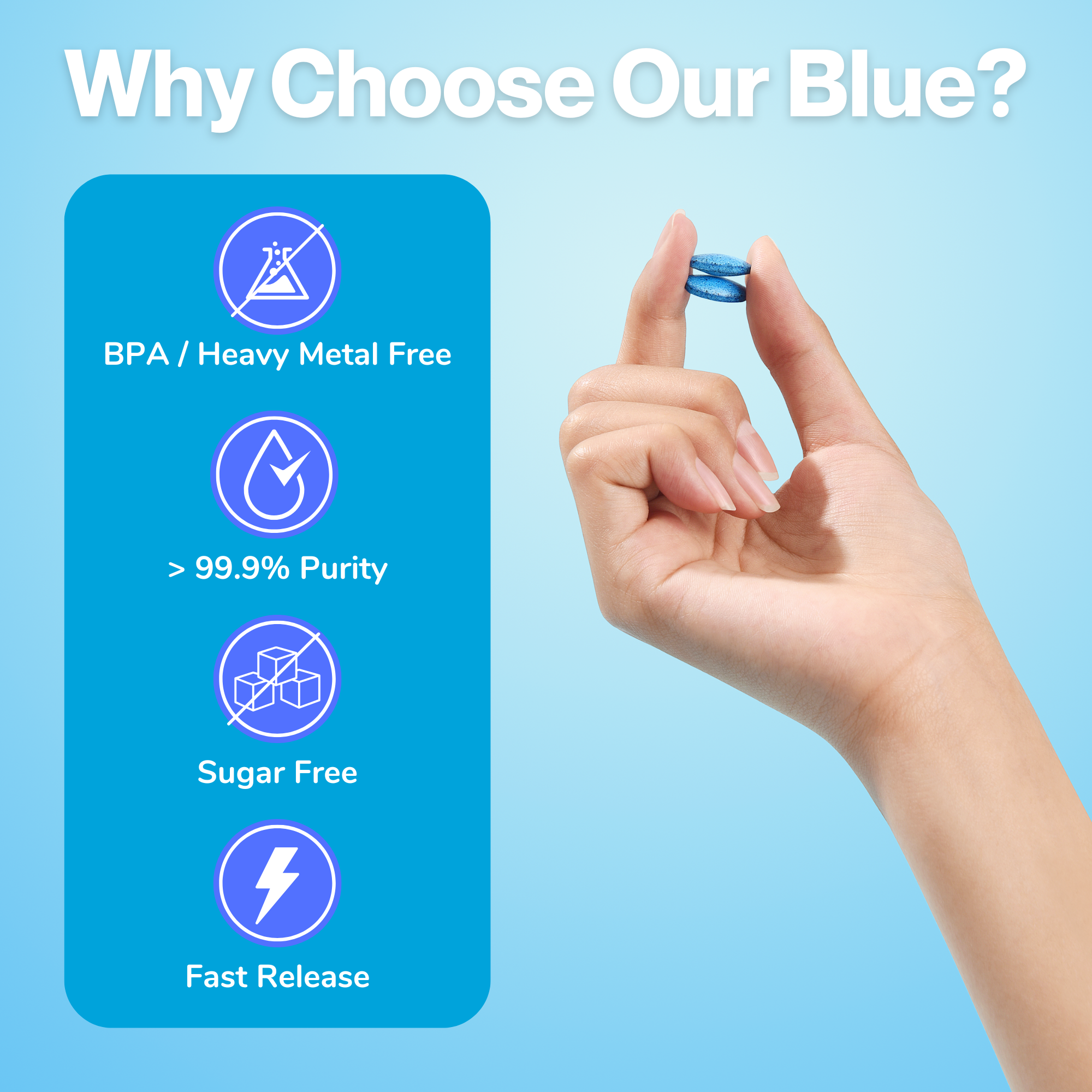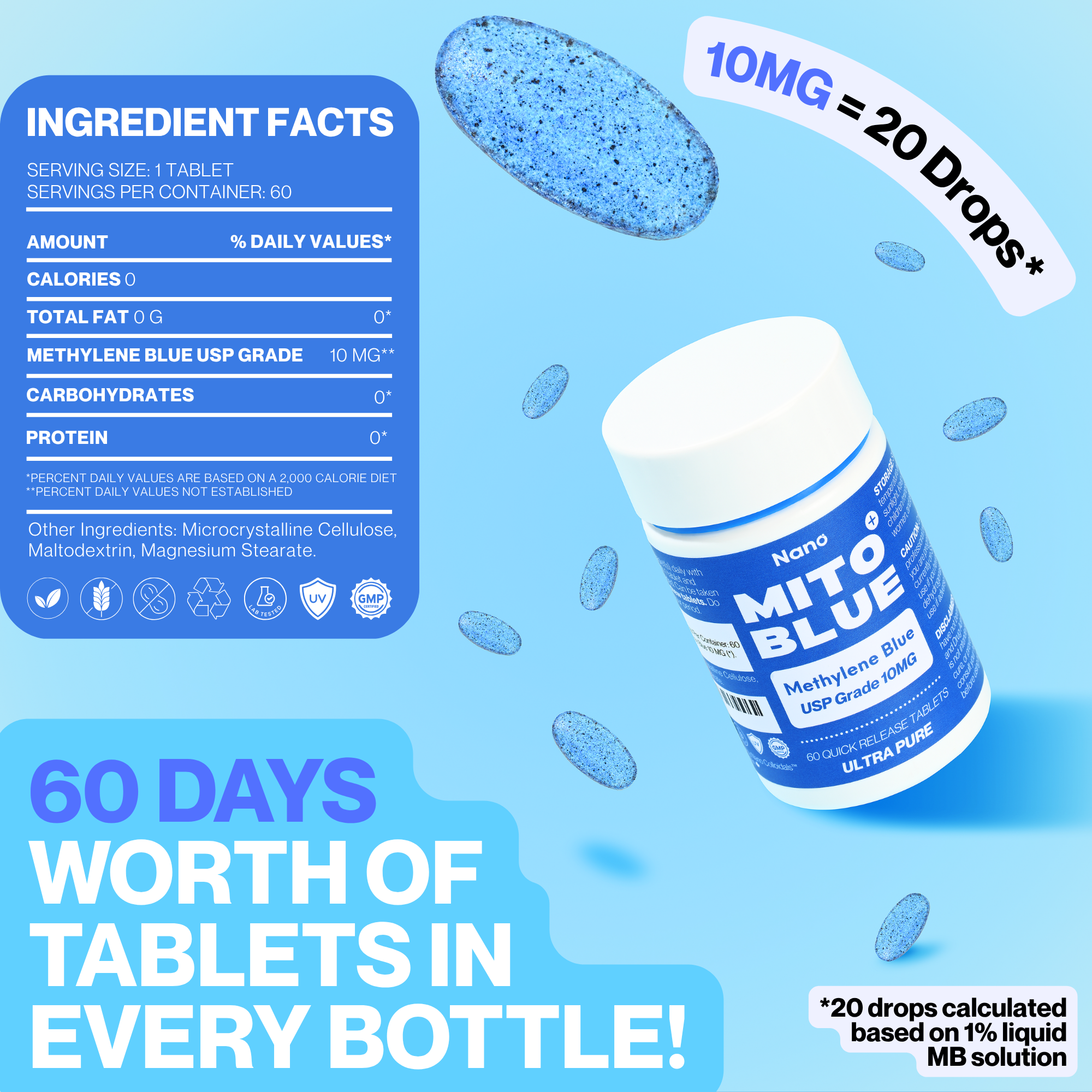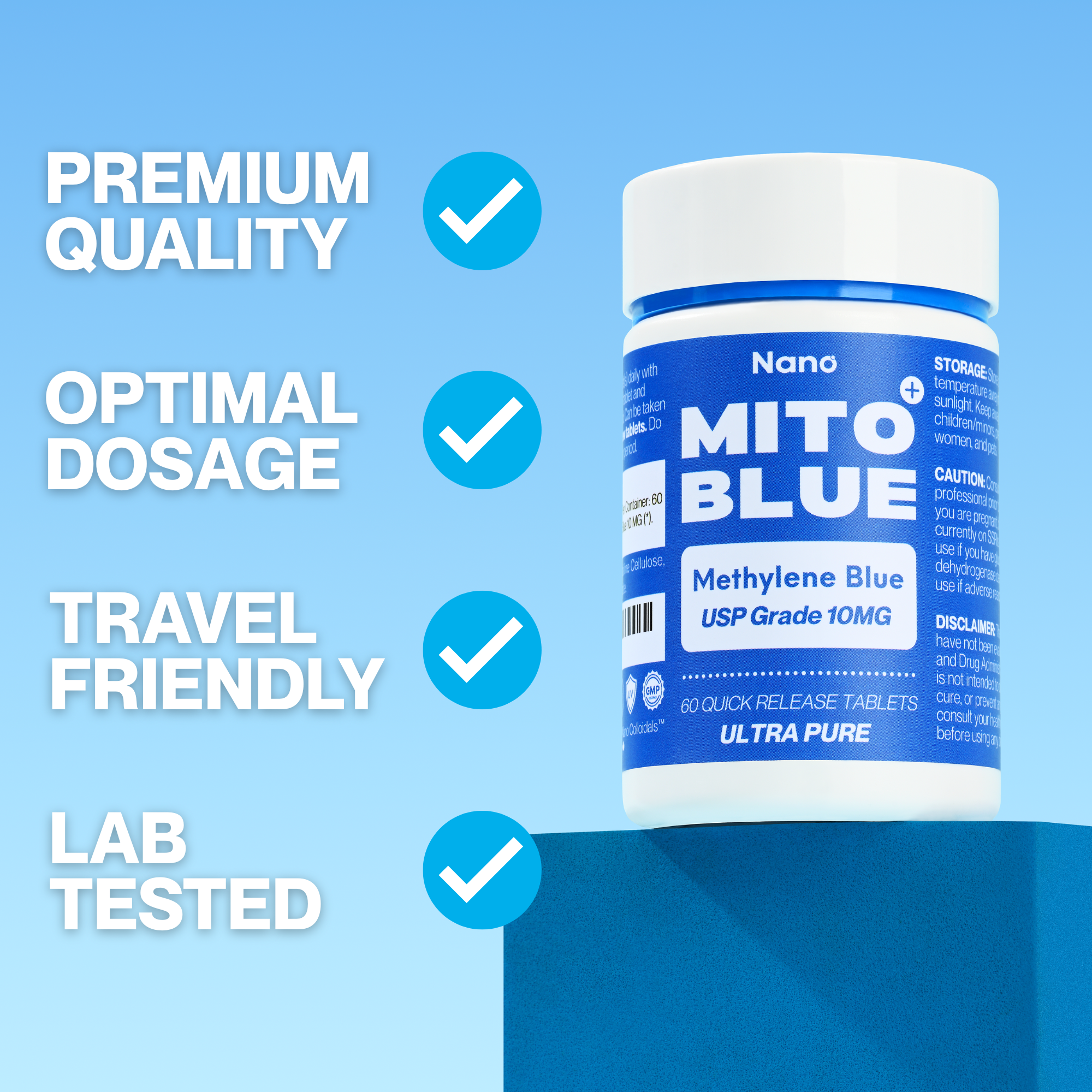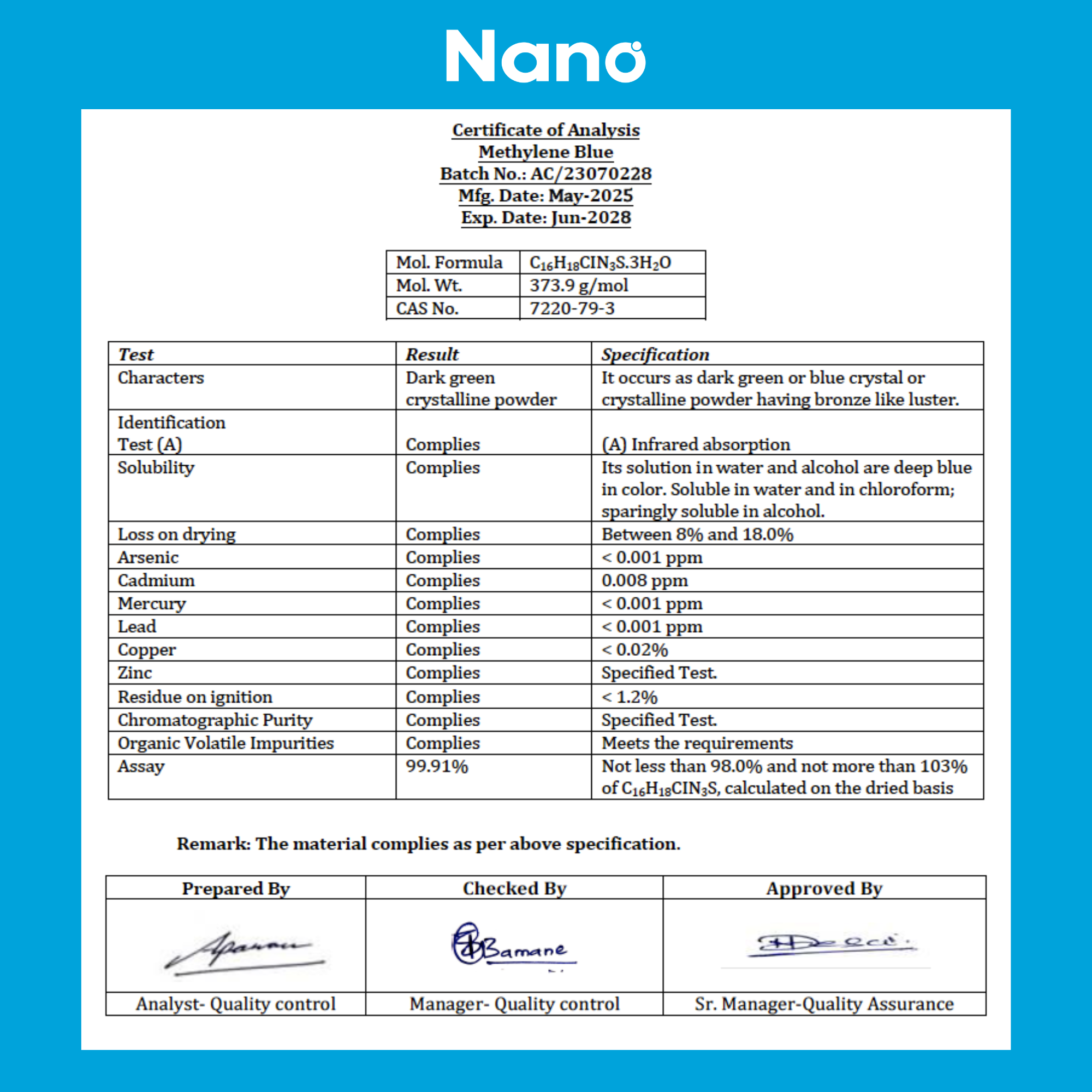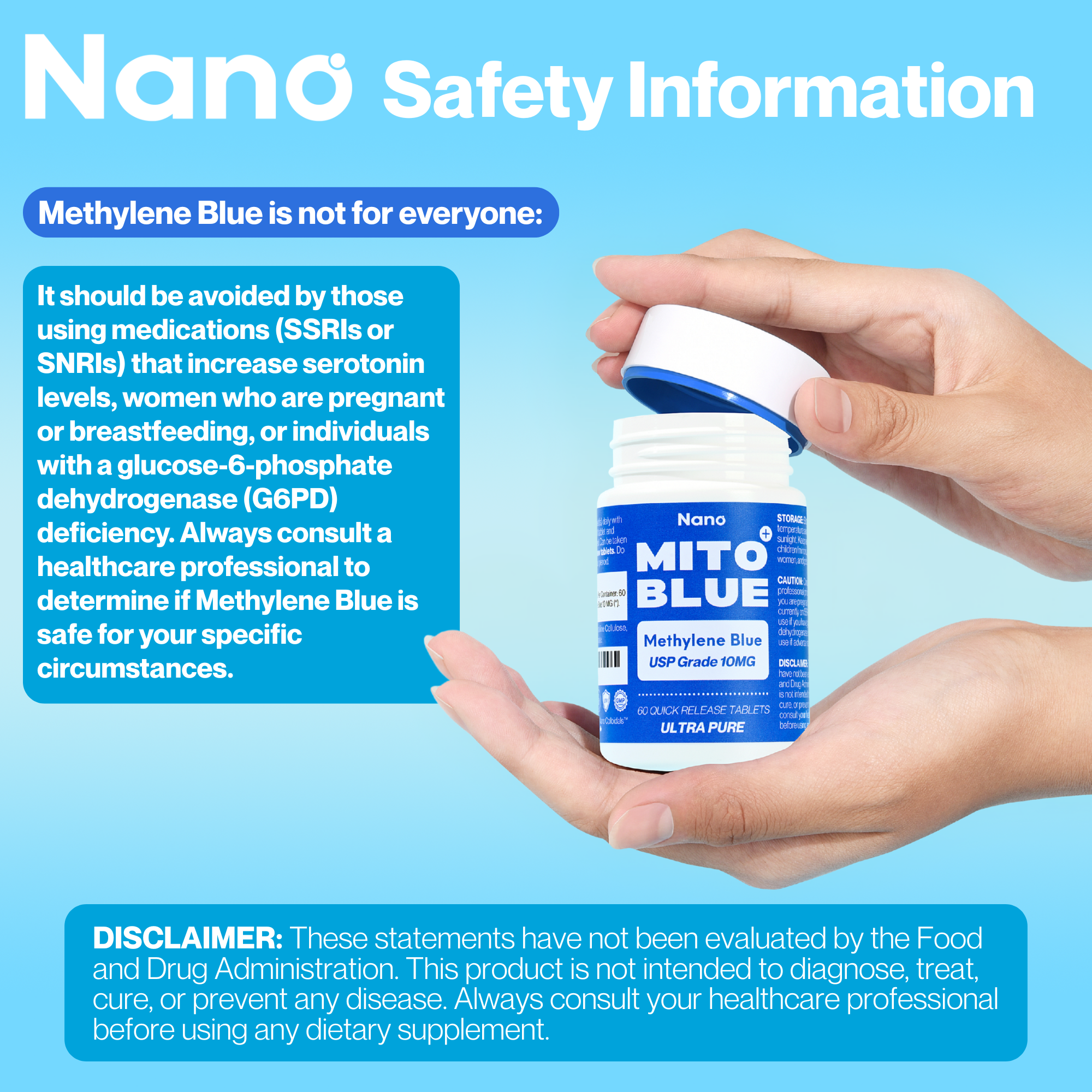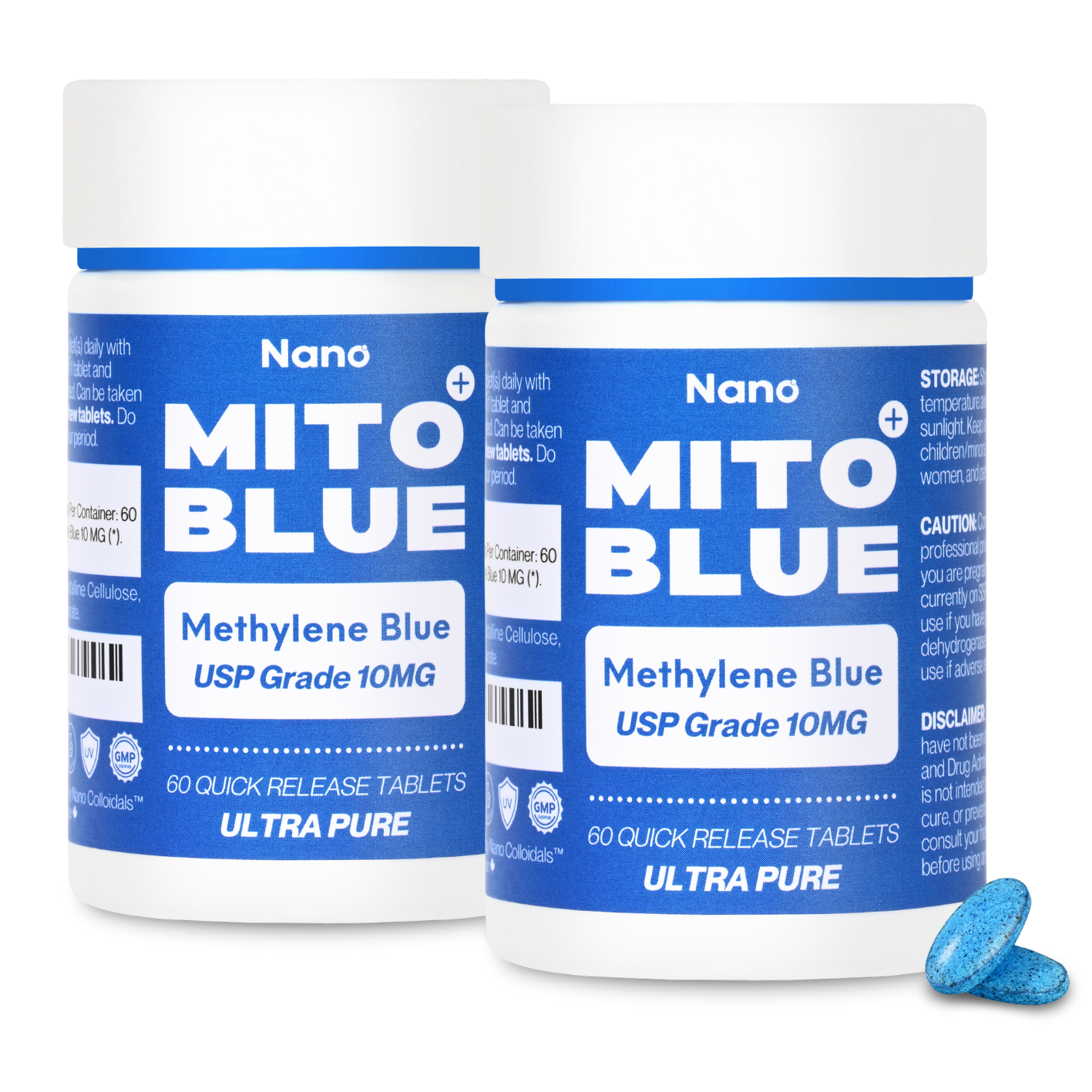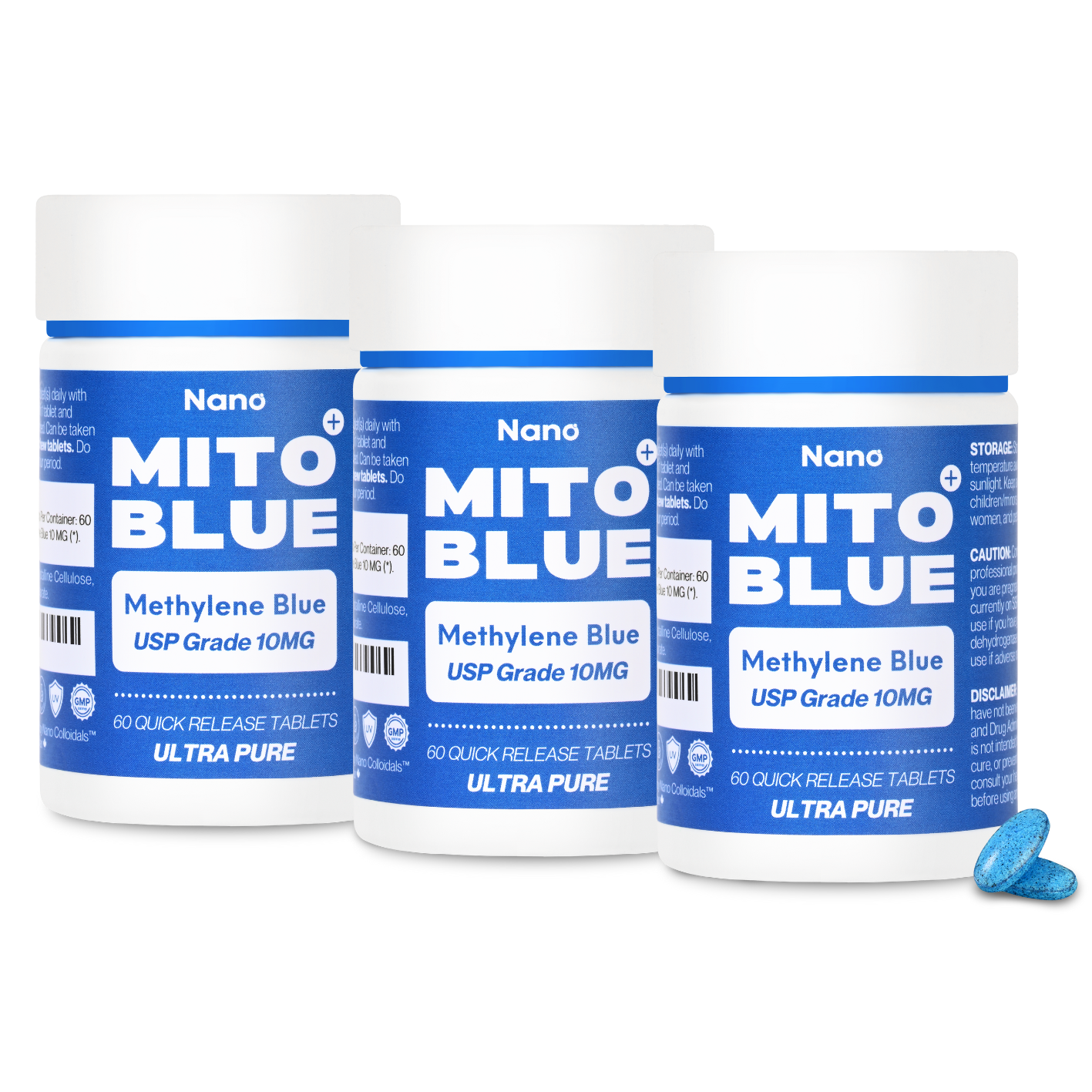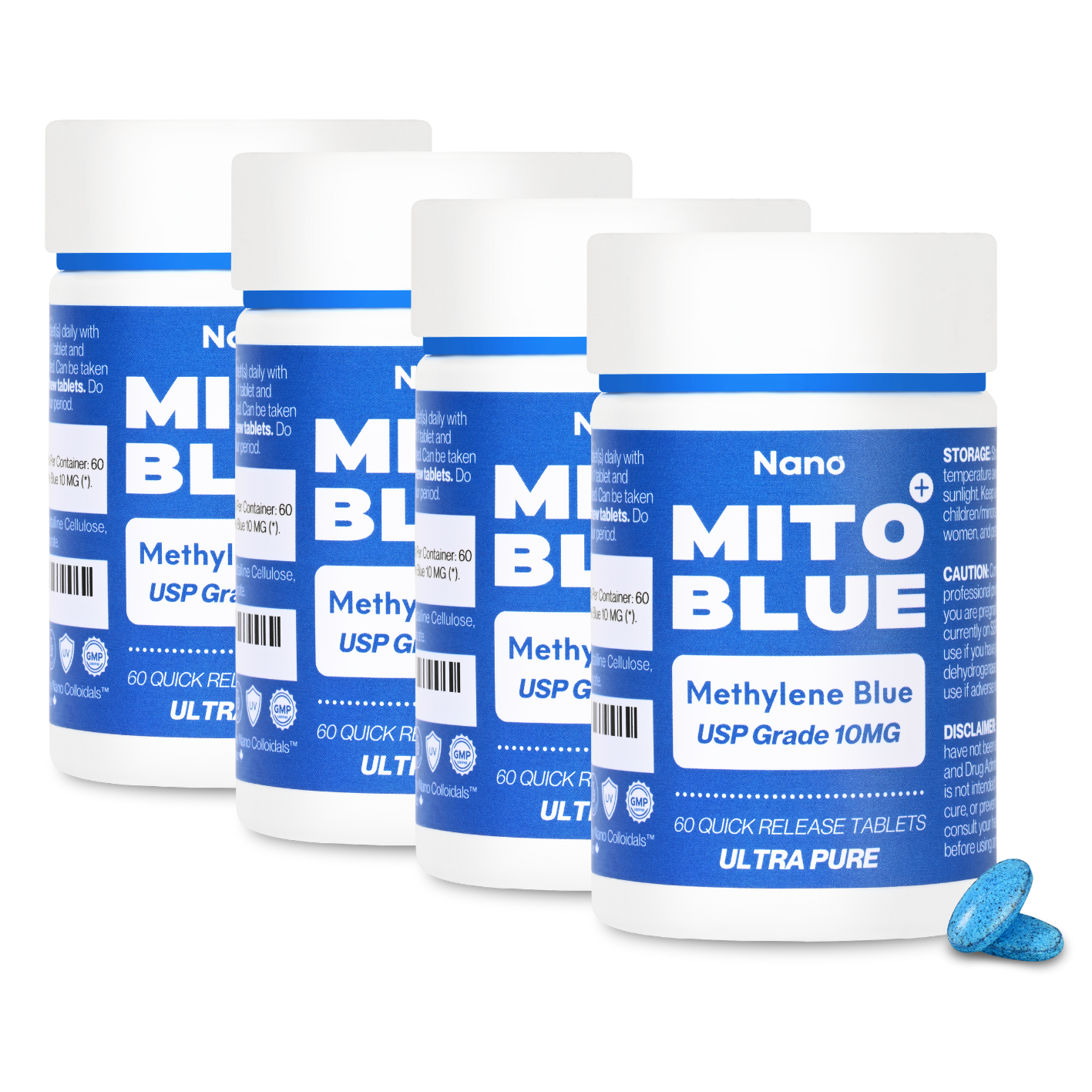Zinc, an essential trace mineral, plays a crucial role in various physiological processes, including immune function, cell growth and repair, and enzyme regulation. Deficiency in zinc can lead to a range of adverse health conditions, including impaired immune function, wound healing difficulties, and stunted growth. Colloidal zinc, a suspension of extremely small zinc nanoparticles in a liquid medium, has emerged as a potential therapeutic agent with a growing body of research supporting its efficacy in various medical applications.
Therapeutic Applications of Colloidal Zinc
Colloidal zinc has demonstrated promising therapeutic potential in addressing a variety of health concerns, including:
- Immune Enhancement: Colloidal zinc has been shown to enhance immune function by increasing the production and activity of immune cells, such as lymphocytes and macrophages [1].
- Wound Healing: Colloidal zinc has exhibited beneficial effects in promoting wound healing by stimulating the proliferation of fibroblasts, the cells responsible for collagen production, and accelerating the formation of granulation tissue [2].
- Skin Conditions: Colloidal zinc has been shown to improve various skin conditions, including eczema, psoriasis, and acne, due to its anti-inflammatory, antioxidant, and antimicrobial properties [3].
- Antioxidant Activity: Colloidal zinc can scavenge free radicals, reducing oxidative stress and protecting cells from damage [4].
- Gastrointestinal Health: Colloidal zinc may aid in maintaining gastrointestinal health by promoting the integrity of the intestinal lining and reducing inflammation [5].
Mechanisms Underlying Colloidal Zinc's Therapeutic Effects
The exact mechanisms underlying the therapeutic effects of colloidal zinc are still being elucidated. However, several potential mechanisms have been proposed:
- Enhanced Zinc Absorption: The small particle size of colloidal zinc may facilitate its absorption across the intestinal barrier, increasing zinc bioavailability [6].
- Modulation of Cellular Signaling Pathways: Colloidal zinc may modulate cellular signaling pathways, influencing cellular processes such as immune cell activation and wound healing [7].
- Anti-inflammatory Effects: Colloidal zinc may possess anti-inflammatory properties, reducing inflammation associated with various conditions, including skin disorders and gastrointestinal issues [8].
Conclusion: A Promising Agent for Zinc Supplementation
Colloidal zinc holds promise as a therapeutic agent for various medical conditions. Its enhanced bioavailability, potential to modulate cellular processes, and anti-inflammatory properties make it an attractive option for zinc supplementation. With further research and development, colloidal zinc has the potential to become a valuable tool in various aspects of medicine and healthcare.
References
- Prasad A. S. (2008). Zinc in human health: effect of zinc on immune cells. Molecular medicine (Cambridge, Mass.), 14(5-6), 353–357.
- Roohani, N., Hurrell, R., Kelishadi, R., & Schulin, R. (2013). Zinc and its importance for human health: An integrative review. Journal of research in medical sciences : the official journal of Isfahan University of Medical Sciences, 18(2), 144–157.
- Kumar, P., Lal, N. R, Mondal, A. K, Mondal, A., Gharami, R. C, & Maiti, A. (2012). Zinc and skin: A brief summary. Dermatology Online Journal, 18(3).
- Hübner, C., & Haase, H. (2021). Interactions of zinc- and redox-signaling pathways. Redox Biology, 41, 101916.
- Chen, P., Soares, A. M., Lima, A. A., Gamble, M. V., Schorling, J. B., Conway, M., Barrett, L. J., Blaner, W. S., & Guerrant, R. L. (2003). Association of vitamin A and zinc status with altered intestinal permeability: analyses of cohort data from northeastern Brazil. Journal of health, population, and nutrition, 21(4), 309–315.
-
Auriemma, G., Cerciello, A., Aquino, R. P., Del Gaudio, P., Fusco, B. M., & Russo, P. (2020). Pectin and Zinc Alginate: The Right Inner/Outer Polymer Combination for Core-Shell Drug Delivery Systems. Pharmaceutics, 12(2), 87.
-
Maywald, M., Wessels, I., & Rink, L. (2017). Zinc Signals and Immunity. International Journal of Molecular Sciences, 18(10).
-
Ghashut, R. A., McMillan, D. C., Kinsella, J., Vasilaki, A. T., Talwar, D., & Duncan, A. (2016). The effect of the systemic inflammatory response on plasma zinc and selenium adjusted for albumin. Clinical Nutrition, 35(2), 381–387. https://doi.org/10.1016/j.clnu.2015.02.010


